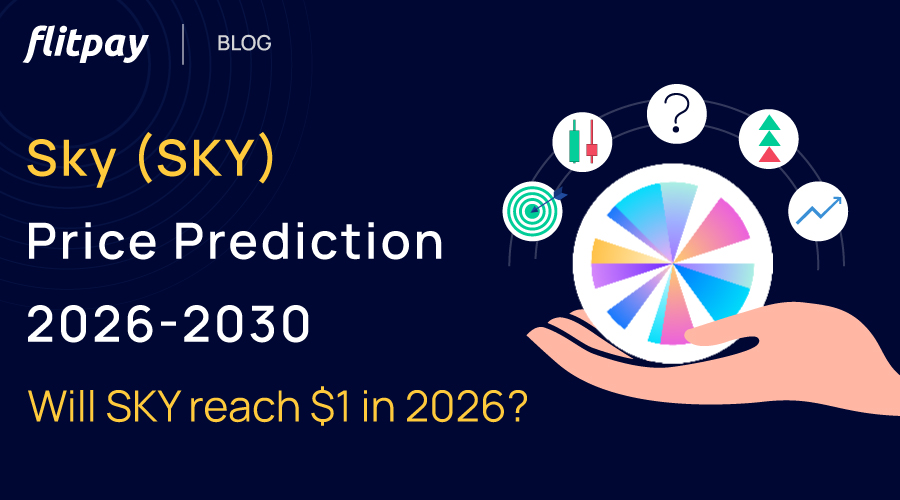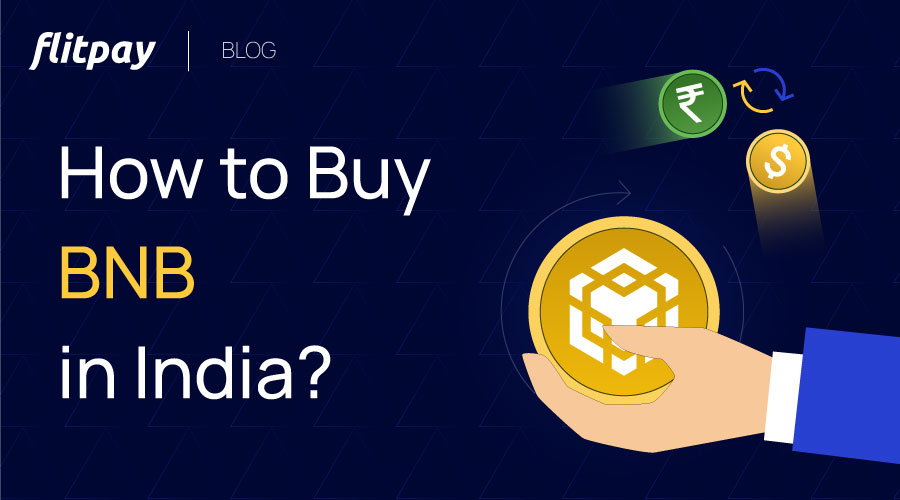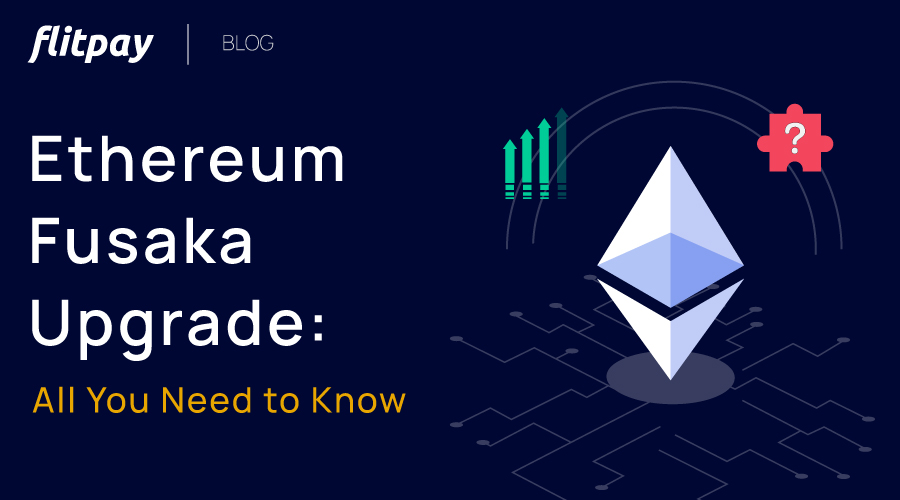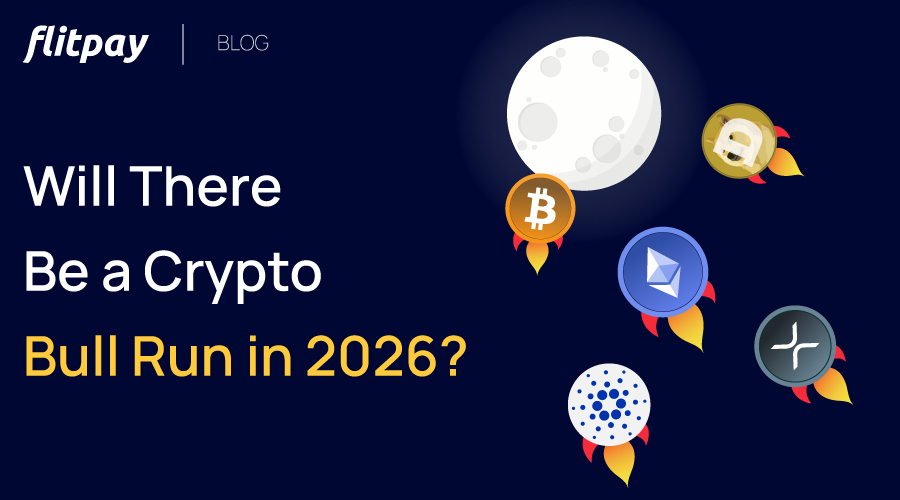In the reign of Bitcoin and Ethereum, Polygon (MATIC) is emerging as a rising star through its plethora of exciting collaborations, highly potential upgrades, and blooming popularity.
This Ethereum scaling solution can be a lucky break for your portfolio.
How and why?
We will know this in the blog below.
What is Polygon (MATIC)?
MATIC is the cryptocurrency of the Polygon network, which is a Layer-2 scaling solution for Ethereum. A Layer-2 solution means it works as an add-on layer for Ethereum and does not try to change the original Ethereum blockchain layer. This second layer provides faster transactions and lower transaction fees than Ethereum.
Ethereum is the home for developing DeFi systems, NFT markets, and smart contracts. However, being the hive of many activities adds many transactions to the Ethereum blockchain to process. This causes delays in transaction processing and often leads to a very high transaction fee (gas). That’s where Polygon enters as a helping hand.
Polygon acts as a faster blockchain that runs parallel with the Ethereum blockchain. It aims to help Ethereum expand in size, enhance security and improve efficiency.
Polygon has its digital currency called MATIC, which powers its network. The users of the Polygon network can use MATIC to pay for all payments and settlements in the network. The name ‘MATIC’ is the old name of the Polygon network. It was renamed Polygon in 2021. The maximum supply of MATIC tokens is 10,000,000,000.
How does Polygon (MATIC) work?
Polygon uses an extended version of the PoS consensus mechanism called Delegated Proof of Stake (DPoS) to validate blocks and periodically uploads the proofs of blocks to the Ethereum mainnet.
In the DPoS mechanism, the delegators participate in the consensus of the Polygon blockchain by delegating their owned MATIC tokens to their preferred validator. These validators verify the transactions of the Polygon blockchain and mine new blocks. In return, they get incentivized with block rewards for their dedication and work. The delegators who delegated their tokens to the validator get a share of the block reward in proportion to their staked tokens. All Validators set a commission percentage of reward to give to delegators if they win the block reward. Delegators can view this commission rate of different validators to choose which validator they want to go with. Delegators get the option to re-delegate their tokens after a fixed time.
Other than allowing its holders to participate in the consensus of the Polygon network and earning rewards by staking them, MATIC also has the following uses-
- A User of Polygon Network can pay the gas fee of Polygon Network in MATIC tokens for using its services
- A user can send value from one address to another through the MATIC token.
- The validators (big holders of MATIC tokens) enjoy the privilege of voting for Polygon improvement proposals (PIPs) and making the polygon network more robust.
Polygon Partnerships
The strong network of Partnerships is the X factor of Polygon that gives it an edge over other Ethereum scaling solutions. Despite the strong bear market and plummeting prices, Polygon continues to join hands with some well-known entities that strengthened the trust of its users.
Here are the Top 10 Partnerships of Polygon (MATIC)
Adobe
Adobe has one of the most significant communities of the finest artists from around the globe. It partnered with Polygon Labs to incorporate an NFT marketplace for its other platform, Behance, where creators can showcase their work and make fans and communities. The collaboration between Adobe and Polygon allows these creators to list their minted NFTs on the Polygon network through Behance.
Starbucks
Starbucks launched an NFT-based loyalty program in 2022 called Odyssey by partnering with Polygon. This program will give its participants early access to limited edition digital merchandise as well as other benefits of Starbucks.
Meta
The social media giant Meta also announced the offering of NFT trade on one of its platforms, Instagram, with the help of the Polygon network. This collaboration allowed Instagram influencers to mint, showcase, and sell their non-fungible tokens directly within the app. However, recently, Meta announced to shut down the integration of NFTs from all its platforms.
Draftkings Inc.
DraftKings is a famous US-based fantasy sports company that offers multiple gaming services like casinos, fantasy sports, and betting. This company joined hands with Polygon Technology to build a blockchain-based NFT marketplace. It took this step to enter the virtual space and attract tech-savvy customers.
NFL & Liverpool
The two well-known names of the football world, NFT (National Football League) and Liverpool Football Club collaborated with Polygon to distribute their NFTs to their fans when they purchased some special tickets. Liverpool even appreciated the efficiency of blockchain technology and the Polygon network's energy-efficient PoS minting mechanism.
Stripe
Stripe, a financial service provider, partnered with Polygon to initiate a project allowing users to pay sellers, freelancers, service providers, and content creators in Crypto. The project will start with USDC stablecoins on Twitter first to facilitate Twitter influencers to monetize their work and cash out the earnings in USDC. Stripe plans to use the secure Polygon network to give its clients a safe payment facility.
Just like other institutions incorporating NFTs on their infrastructure with the help of Polygon, Reddit has also done the same. It launched Polygon-based NFTs as Reddit Collectible Avatars and listed them on the famous NFT marketplace, OpenSea, in August 2022. The social media platform facilitates procurement, storage, and management through its blockchain-based wallet, Vault.
Nike
Nike is an iconic name when it comes to footwear and sportswear. To keep up with the rising popularity of Web3, Nike teamed up with Polygon to launch the Swoosh Platform. Swoosh is a web 3-centred platform showcasing the NFT collection of Nike and other virtual initiatives. It will also introduce futuristic ways for its customers to unlock real-world benefits through virtual artefacts. Polygon will help Nike initiate this project and make its place in the Web3 era.
Nothing
Another Top Tier brand allied with Polygon is the Tech enthusiast brand Nothing. This brand plans to contribute to enhancing the scalability of Ethereum through its product developed with the help of Polygon. Nothing brand took this step to strengthen its image as the young, tech-savvy company in the market.
Adidas & Prada
Polygon collectively joined hands with both Adidas and Prada to help them bring an NFT marketplace of their own. Interestingly, these brands have ventured into Metaverse lately, too, showing keen interest in integrating their businesses with Web3 to give more digital experience to their users. The project will also invite fans to contribute their own NFT designs for sale.
Besides these industry giants, Polygon partnered with the Walt Disney Company in mid-2022 as a part of its metaverse strategy. However, last week, it cut off its Metaverse branch that now questions its stance on Web3.
Polygon stayed under the limelight in 2023 with some of its significant latest upgrades.
Let’s discuss them as well.
Polygon Hard Fork Upgrade - 17th January 2023
Polygon completed its Hard fork upgrade on 17th January 2023. It introduced this upgrade to reduce the sudden hike in gas fees during high network traffic and address the issue of Reorg (Temporary splitting of the Polygon blockchain occasionally).
The upgrade changed Polygon's base gas fee denominator from 8 to 16. As per the Polygon whitepaper, this denominator has an inverse impact on the change in the base gas fee of Polygon at the time of its high demand. Thus, doubling will reduce the base gas fee of Polygon during high traffic from 12.5% to 6.25%. This change will lower the gas fee spikes in Polygon, enhancing its scalability game in the long run. The same hard fork upgrade also lessened the Reorg issue of Polygon by making smart changes in the blockchain.
Polygon underwent a small rally after this upgrade, increasing its price from $ 1.01 on 17th January 2023 to $1.54 on 18th February 2023.
You can learn about this upgrade in detail here.
Polygon zkEVM Network Upgrade - 27th March 2023
Polygon recently completed another significant upgrade on 27th March 2023. It introduced a very effective component zkEVM (Zero-knowledge Ethereum Virtual Machine), in the polygon blockchain. Ethereum co-founder, Vitalik Buterin, was privileged to do the first transaction on the newly launched zkEVM. He sent 0.005 ETH to a random address with a message stating, ' A few million constraints for man, unconstrained scalability for mankind’.
To understand zkEVM, we need to go through the Polygon journey so far.
As we know, Polygon is a sidechain for the Ethereum network that processes transactions in a second layer faster and then transfers them back to the main chain. To further increase the transaction process, Polygon batches some transactions together and rolls them up before presenting them to a validator for validation. The ‘gas fee’ for a single transaction splits between all the participants.
It becomes possible with the help of Zero Knowledge proof, a cryptographic innovation based on revealing what one knows without revealing what he knows. In blockchain reference, Zero Knowledge proof enables parties to prove to another party that their transactions are not fraudulent without revealing any additional detail about the transaction. They are a very effective way to increase the scalability of a network without compromising security.
However, these zk rollups are highly difficult to program and hence used sparingly on specific applications. It is where zkEVM comes to the rescue. zkEVM integrates zk rollup functionality into the main programming infrastructure of Ethereum, which is EVM (Ethereum Virtual Machine).
EVM is a virtual machine that translates the input from the user to action according to the protocols programmed in it. EVM works for trades and smart contracts to complete smoothly on the Ethereum network. An issue associated with EVM is that ZK rollups for EVM have to be designed individually for every case. zkEVM solves this issue to a very extent.
It is a new type of EVM that can interpret a standard form of zk rollup. Thus, when a group of users performs some transactions, the rollup batches them together and generates proof that these transactions are valid through the advanced EVM model of zkEVM. The rollup then presents the proof to the core protocol, which will instantly approve the proof without wasting any time. And this way, the zkEVM becomes efficient in processing many transactions.
Notably, the zkEVM uses Solidity, the coding language of Ethereum developers, which makes zkEVM compatible with the existing components of Ethereum like NFTs, Smart Contracts, and dApps.
Since the zkEVM will allow zk Rollups to submit proof without rerunning computation, they will open the door of high scalability for Polygon. Moreover, the ecosystem of Polygon will now be able to enhance its user experience, which will eventually increase its robustness as an effective Ethereum scaling solution.
Conclusion
Polygon network and its strong collaboration network have been the talk of the crypto town for months. And its recent upgrades have further given it an upper hand among all other popular Ethereum scaling solutions. Its native token, MATIC, can be a foot in the door for investors.





